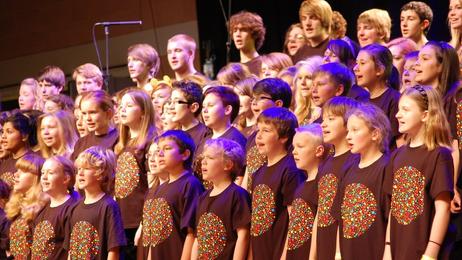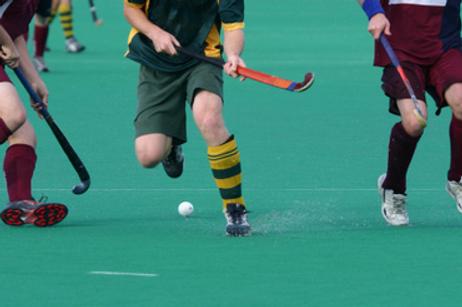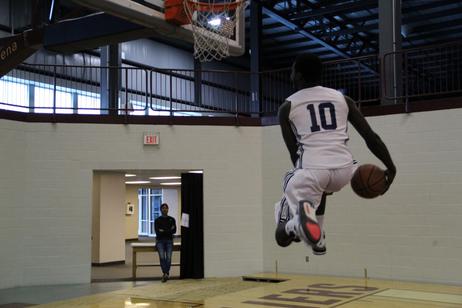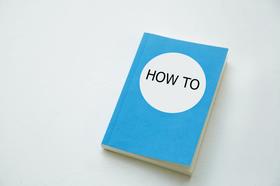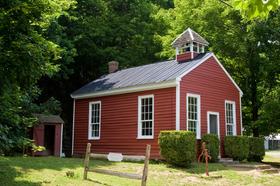We parents worry a lot, don't we? From the time of your baby's first kick in the womb to her graduation from college, her marriage, and the birth of her own children, we just never stop worrying, do we? Now, of course, I don't mean worrying in a negative sense. I use worry to express that parental awareness or sixth sense which we parents remarkably seem to develop from the time we first hold our child in our arms. Worrying goes with parenting. But let's make it informed worrying. That's why organizations such as The National Association For Gifted Children are so important. This video discusses the parenting of gifted children.
As you begin to suspect that your child might be gifted, take time to review the information contained on an authoritative website such as the NAGC's. Ruthlessly filter information which you see on television, hear on talk shows or read in social media.
So what makes a child gifted? The NAGC lists the following common characteristics of gifted children:
- Unusual alertness, even in infancy
- Rapid learner; puts thoughts together quickly
- Excellent memory
- Unusually large vocabulary and complex sentence structure for age
- Advanced comprehension of word nuances, metaphors and abstract ideas
- Enjoys solving problems, especially with numbers and puzzles
- Often self-taught reading and writing skills as preschooler
- Deep, intense feelings and reactions
- Highly sensitive
- Thinking is abstract, complex, logical, and insightful
- Idealism and sense of justice at early age
- Concern with social


